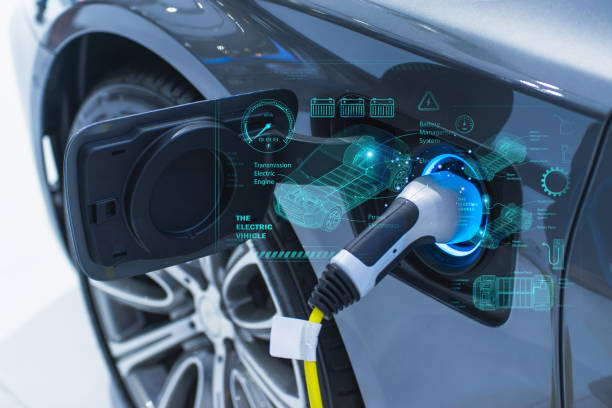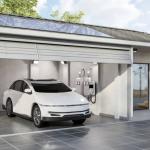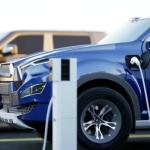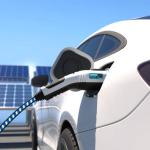The Role of Green Energy in Electric Vehicle Growth
Driving a Cleaner Future
Electric vehicles (EVs) are rapidly transforming the way we travel, offering a cleaner alternative to traditional fuel-powered cars. But their true potential is unlocked when paired with green energy sources like solar, wind, and hydropower. This combination not only reduces carbon emissions but also makes EV adoption more sustainable for the long term.
Why Green Energy Matters for EVs
EVs alone are eco-friendly, but if charged with electricity from fossil fuels, their environmental impact increases. That’s where green energy steps in. By using renewable power, EV charging becomes truly clean, helping reduce dependence on non-renewable resources while supporting global climate goals.
Key Benefits of Green Energy for EVs
Lower Carbon Footprint: Renewable-powered EVs minimize greenhouse gas emissions.
Energy Independence: Solar and wind reduce reliance on imported fossil fuels.
Cost Efficiency: Green charging solutions can lower long-term charging expenses.
Sustainable Growth: Clean energy ensures that EV expansion doesn’t harm the planet.
The Future of EV Charging with Renewables
The future of EV adoption depends heavily on renewable integration. Governments and businesses worldwide are investing in solar-powered EV stations, smart grids, and wind-based charging systems to support the growing number of EV users. This shift not only accelerates electric mobility but also strengthens the path to a sustainable energy ecosystem.
Conclusion
Green energy is the backbone of the electric vehicle revolution. As EV adoption rises, renewable power will play a central role in making transportation cleaner, smarter, and more sustainable for the generations to come.




